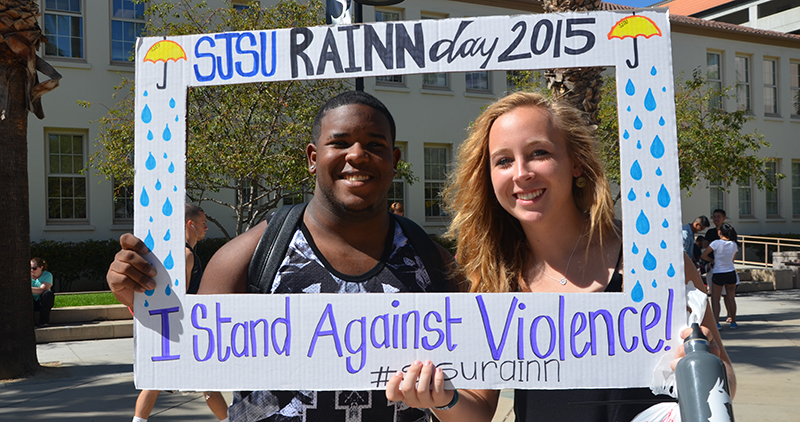Learning Outcomes

University Learning Goals (ULG)
Specialized Knowledge
Mastered the depth of knowledge required for a degree, as identified by its program learning outcomes.
Broad Integrative Knowledge
Mastery in each step of an investigative, creative or practical project (i.e. brainstorming, planning, formulating hypotheses or complex questions, designing, creating, completing, and communicating).
An understanding of the implications of results or findings from a particular work in a societal context (i.e. social or economic implications of a scientific finding).
Students graduating with a baccalaureate degree will have demonstrated an understanding of critical components of broad academic areas, the arts, humanities, social sciences, and sciences and their integration.
Intellectual Skills
Fluency in the use of specific theories, tools, technology and graphical representation.
Skills and abilities necessary for life-long learning: critical and creative thinking, effective communication, conscientious information gathering and processing, mastery of quantitative methodologies, and the ability to engage effectively in collaborative activities.
Applied Knowledge
The ability to integrate theory, practice, and problem-solving to address practical issues.
The ability to apply their knowledge and skills to new settings or in addressing complex problems.
The ability to work productively as individuals and in groups.
Social and Global Responsibilities
The ability to act intentionally and ethically to address a global or local problem in an informed manner with a multicultural and historical perspective and a clear understanding of societal and civic responsibilities.
Diverse and global perspectives through engagement with the multidimensional SJSU community.
Division Learning Goals (DLG)
Critical Thinking Skills
Ability to independently and accurately evaluate information, data and ideas from multiple perspectives.
Effective Communication
Embodies the ability to receive information, exchange ideas, present information, and convey messages in ways effective and appropriate to the situation and audience.
Multicultural Competence and Active Citizenship
Understanding and appreciating human differences as well as positively contributing to the community.
Practical Competence/Life Skills
The capacity to manage one's affairs both inside and outside of the university.
Leadership and Interpersonal Competence
The ability to mobilize groups around shared interests as well as demonstrate and sustain meaningful relationships.
Healthy Living
Making informed decisions and acting on those decisions to enhance personal and community
health.
Please visit the Division of Student Affairs assessment website.
Program Learning Outcomes (PLO)
Participants of the PRIDE Center & Gender Equity Center will:
- create a community for people to feel physically and emotionally supported, yet challenged
to learn more about themselves and others. (Broad integrative Knowledge, Intellectual Skills,
Social and Global Responsibilities) - provide spaces for learning about the struggles of the communities they represent in the classroom and outside of the classroom. (Broad integrative Knowledge, Applied Knowledge, Social and Global Responsibilities)
- develop the leadership skills of students by providing mentorship and opportunities
to practice their skills. (Broad integrative Knowledge, Intellectual Skills, Applied Knowledge
Social and Global Responsibilities) - have an understanding of how history impacts our social movements today. (Social and Global Responsibilities)